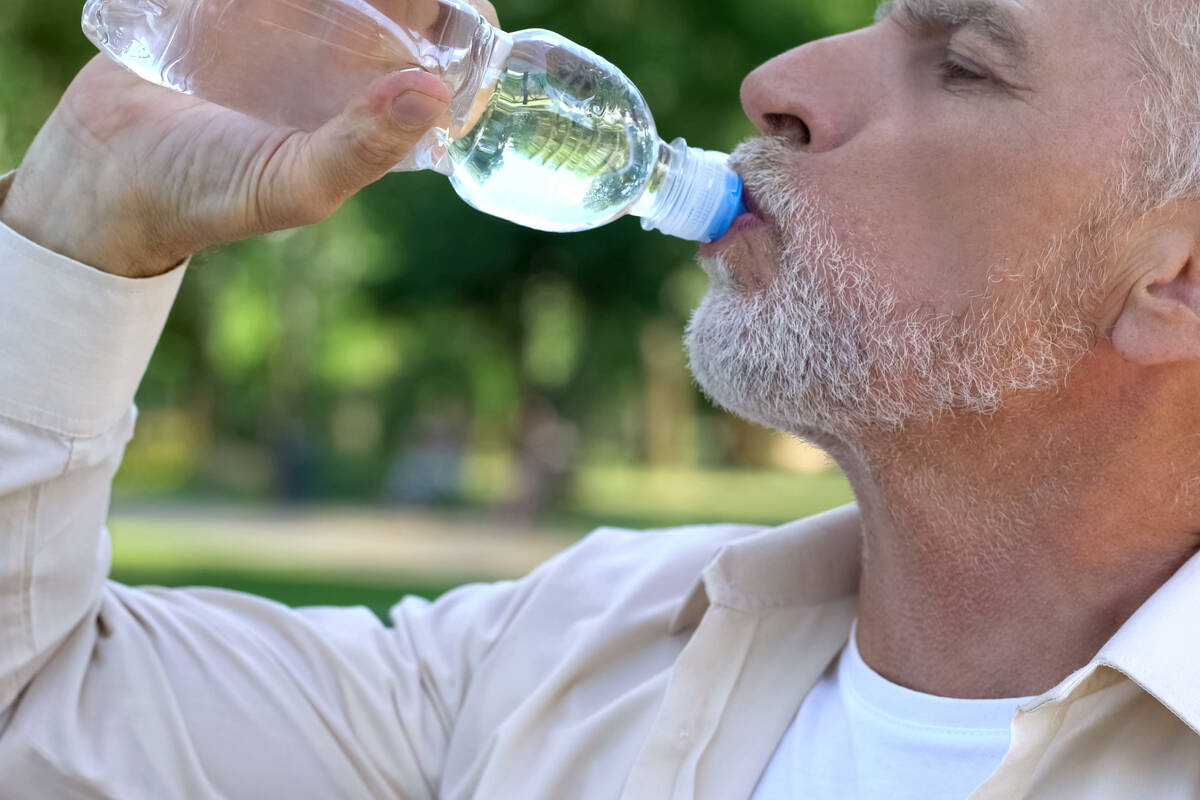Why older people are especially vulnerable to extreme heat
Dear Savvy Senior: I work for a county health department, and every summer we’re seeing more and more seniors get sick and even die from heat-related illness. Can you address the effects that extreme heat has on older adults, and what they can do to guard against this summertime risk. — Health Advocate
Dear Health Advocate: Many people don’t realize that each year extreme summer heat kills more people in the U.S. than hurricanes, floods and tornadoes combined. While extreme heat can be deadly for anyone, older adults are especially vulnerable because of three key factors: biological changes that occur with age; higher rates of age-related diseases; and greater use of medications that can alter the body’s response to heat.
Here’s how to gauge the risk for a heat-related illness for you or an older loved one and how to stay safe.
How heat affects seniors
The human body has two main mechanisms to cool itself: sweating and increasing blood flow to the skin. In older adults, both of those processes are compromised. Seniors sweat less, and they have poor circulation compared with younger people.
Chronic health conditions that are more common in old age, most notably cardiovascular disease and diabetes, can also exacerbate these issues. A diseased heart isn’t able to pump as much blood, further reducing blood flow to the skin. And if the nerves become affected in people with diabetes, the body might not receive the message that it needs to start sweating.
As people age, they also stop feeling as thirsty, and so they tend to drink less. In hot conditions, that can cause them to become dehydrated faster.
In addition, some older adults, particularly if they have some form of dementia or cognitive decline, might not perceive temperature changes as well. As a result, they won’t respond appropriately to heat, both biologically (through sweating) and behaviorally (by moving to someplace cool).
Finally, certain medications many seniors take like diuretics and other high blood pressure drugs can affect people’s hydration, blood flow and even the sweat response.
How to stay safe
On hot days, older adults and people with serious health conditions should limit outdoor activities to the cooler mornings and evenings, take frequent breaks and drink plenty of water. Listen to your body. If the activity starts to feel harder than normal, that’s a signal to stop and find a place to cool down.
Signs of dehydration or heat exhaustion include dizziness, lightheadedness, headache, flushed face, a racing heart or feeling lethargic. Low energy is especially important to watch out for in people with cognitive impairment, who may not realize how hot they are or be able to express it.
If heat exhaustion worsens to a heatstroke, it becomes a life-threatening emergency.
If you or a loved one start to experience any of the above symptoms, the best thing you can do is to go somewhere that has air conditioning.
In the absence of air conditioning, water is extremely helpful in reducing the risk for heat-related injury. Rubbing an ice cube or cold compress over your skin, spraying yourself with cool water or taking a cool shower or bath can also help.
For more heat-related safety tips, visit the Centers for Disease Control and Prevention website.
Send your senior questions to: Savvy Senior, P.O. Box 5443, Norman, OK 73070, or visit SavvySenior.org.













